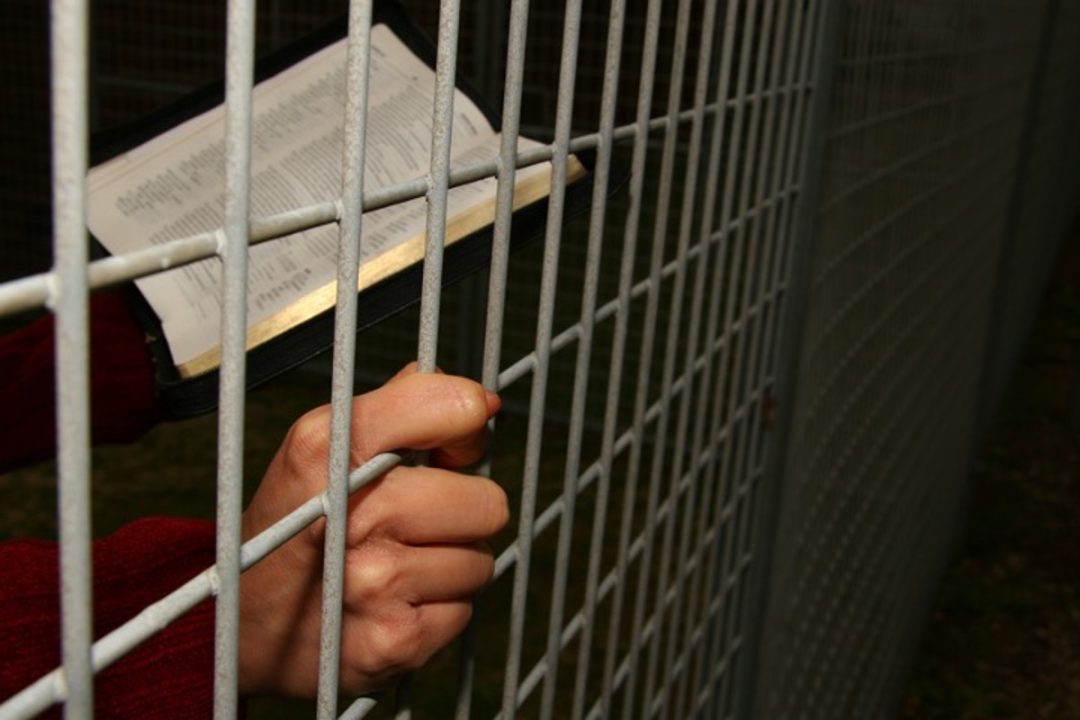
Christians are increasingly being persecuted across India, often under the guise of preventing them from forcing or inducing Hindus to convert, despite the country’s constitutional guarantee of religious freedom, says a new report from the Evangelical Fellowship of India (EFI).
According to the report:
Between January and July 2025, the Evangelical Fellowship of India’s Religious Liberty Commission documented 334 incidents of systematic targeting against Christian communities across India, encompassing arrests, physical violence, threats, disruption of worship services, and denial of basic rights including burial. This sustained pattern of persecution reflects an alarming consistency, with incidents occurring every month and affecting Christian communities across 22 states and union territories.
Two-thirds of the incidents involved either threats and harassment or false accusations and arrests, “indicating that intimidation and misuse of legal processes are the primary tactics employed against Christian communities.”
Nonconvertible Bonds
That “misuse of legal processes” is enabled by anti-conversion laws in 12 of India’s 28 states. These laws protect people from being forced to convert to another religion, but they also prohibit enticing others to convert by non-coercive means such as “allurement.” As a result, The Stream’s Jason Scott Jones wrote,
You can choose a different gender as an Indian, but you and your posterity are condemned to be forever fossilized in the religion of your ancestors. Since India’s Hindu supremacist government has decided that the ancestral religion of all Indians is Hinduism, you can choose to “come home” from Christianity (or Islam) to Hinduism, but a reverse journey is strictly forbidden.
In 2023, the U.S. Commission on International Religious Freedom found that India’s “anti-conversion laws prohibit conversions under circumstances that go beyond coercion, using broad and vague language that can be used to target voluntary religious conversions.” According to Jones:
Anti-conversion laws in ten states … require potential converts to notify the District Magistrate, who then publishes a notice calling for any objections to the conversion. If an objection is lodged, the District Magistrate organizes an investigation.
Seven states provide that individuals accused of violating anti-conversion laws must prove their innocence, and are otherwise assumed to be guilty.
Over half the incidents identified by EFI occurred in just two states, Uttar Pradesh and Chhattisgarh. Those states, wrote EFI, continued “a troubling pattern with frequent reports of arrests, false accusations, physical violence, and social boycotts.” Many of the incidents occurred during or after Sunday worship services. Furthermore, all but one incident in which Christians faced opposition when burying their dead occurred in Chhattisgarh.
Persecution and Prosecution
EFI cited several representative cases to illustrate its findings.
In January, the family of a recently deceased Chhattisgarh pastor encountered opposition from
a group of local villagers and religious hardliners. The group not only denied permission for burial in the public cemetery but also refused to allow it on the family’s own land, issuing threats of dire consequences if the family attempted to proceed with the burial.
On Easter Sunday, religious hardliners disrupted a service at West India Pentecostal Church “by chanting religious slogans, issuing verbal threats, and carrying sticks — one individual was reportedly armed with a knife.” In this case, at least, police were not on the persecutors’ side, as evidenced by the fact that the disruptors fled when they arrived.
On June 13, a pastor was invited to pray during a child’s birthday party hosted by a church member. An uninvited guest recorded the gathering, left, and returned with a group who “physically assaulted” the pastor and “several female believers, causing serious injuries.” The assailants “forcibly” hauled the pastor “to the local police station and falsely accused him of engaging in religious conversion.”
On July 20, when the pastor of another church called the police to disperse disruptors outside the service, the cops instead took about 40 church members to the station and sent six of them on to jail. There, “five pastors were severely beaten with wooden batons by jail officials … leaving visible injuries.” Although the pastors were later released on bail, the charges against them remain active.
Order in the Court
Not mentioned by EFI — probably because it occurred so late in July — was the arrest of two Catholic nuns at a train station in Chhattisgarh, where they met three young women who were planning to work for them in some capacity. Although the women were over 18 years old and had consent letters from their parents, police, at the urging of a militant Hindu-nationalist organization, charged the nuns with violating the state’s anti-conversion and human-trafficking laws.
Perhaps thanks to the international attention the story received, a special court released them on bail August 2, albeit under strict conditions. However, reported Crisis magazine, “a day after the nuns’ release, Chhattisgarh deputy chief minister Vijay Sharma said that his government is working on a stricter law to curb religious conversion in the state.”
EFI believes the 334 incidents it has cataloged for 2025 “likely represent only a fraction of actual incidents, as many go unreported due to fear of reprisals, intimidation by local authorities, or lack of access to documentation channels.” Should more incidents surface, 2025’s case count may yet surpass 2024’s total of 640 verified cases, which itself was a 39-case increase over the previous year’s.
EFI called on the Indian government to take steps to halt the persecution of Christians, including by advising states to repeal their anti-conversion laws. But with a Hindu-nationalist prime minister, such pleas may fall on deaf ears.




